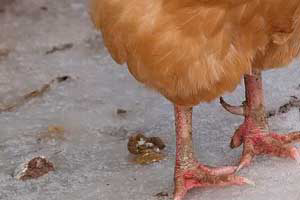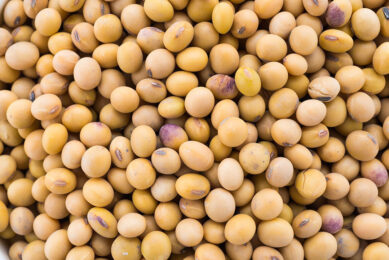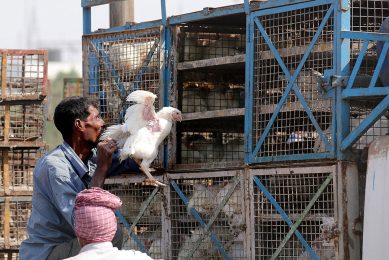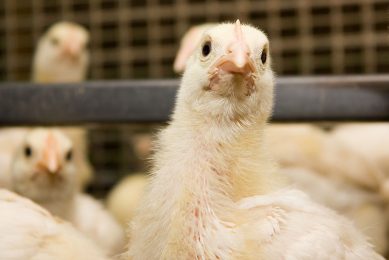No way of disposing poultry waste in South India, yet

Even though States like Tamil Nadu (South India) come up with projects to generate power from poultry waste, the local government institutions are still considering setting up suitable facilities to treat poultry waste.
Even though the source-level treatment facility for chicken stalls is mandatory while seeking trade licences, the rule is hardly followed by the owners who claim they will not be able to get land for the purpose.
As a result, the possibility of source-level reduction remains on paper and the merchants find their own ways to treat the leftovers.
Chicken traders do not resort to dumping the waste in river and other locations, and seek the help of fish farm owners instead. To dispose of the waste, a chicken stall owner pays the fish farm owners. But this temporary adjustment can come to a stop at any time, as it purely depends on the requirement of the farm. The fish farm owners usually take a very small quantity of the total waste.
Thus the treatment of additional waste comes as a big task for the traders especially during the festive seasons. In the absence of proper land in city limits and the limited income from the sector, the small traders will not be able to construct treatment plants of their own, and forcing them to do so will never succeed in the current situation, he argues.
In support of the decentralised waste treatment initiatives like the biogas plant, officials attached to the Health section of the Corporation say the dumping of poultry waste in public places has largely come down after the introduction of biogas plants.
The policy-level decisions on setting up joint treatment plants should come from the government and the local bodies will surely cooperate with the plans, they say.













